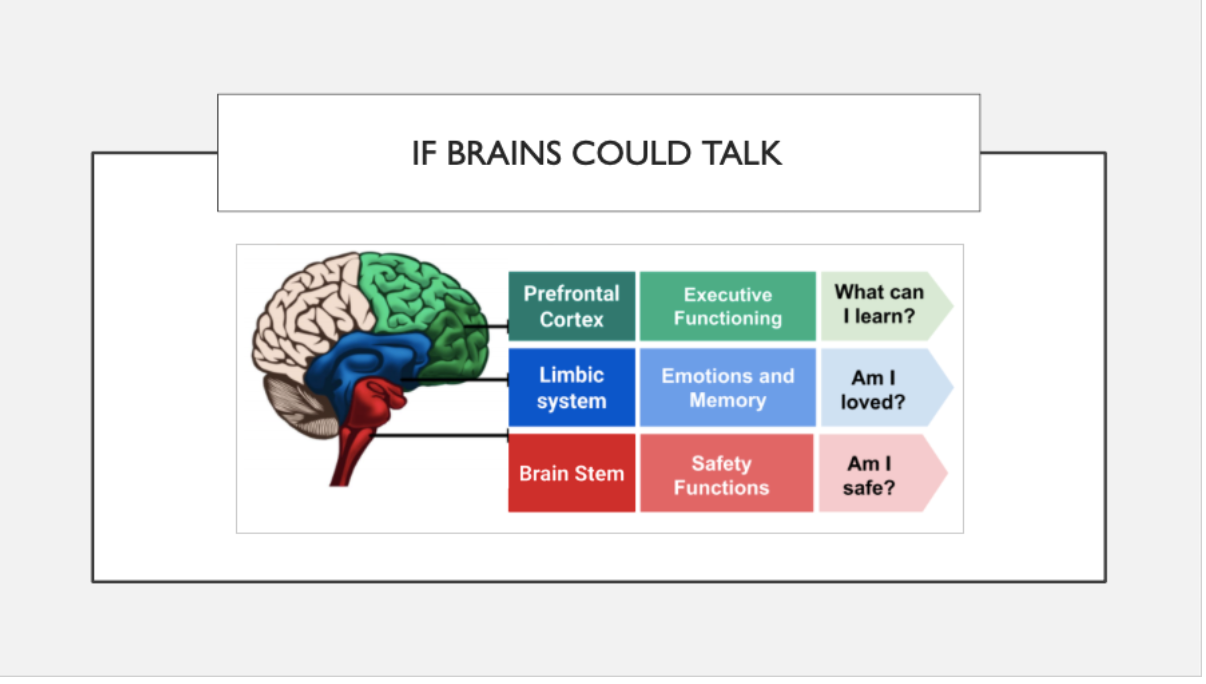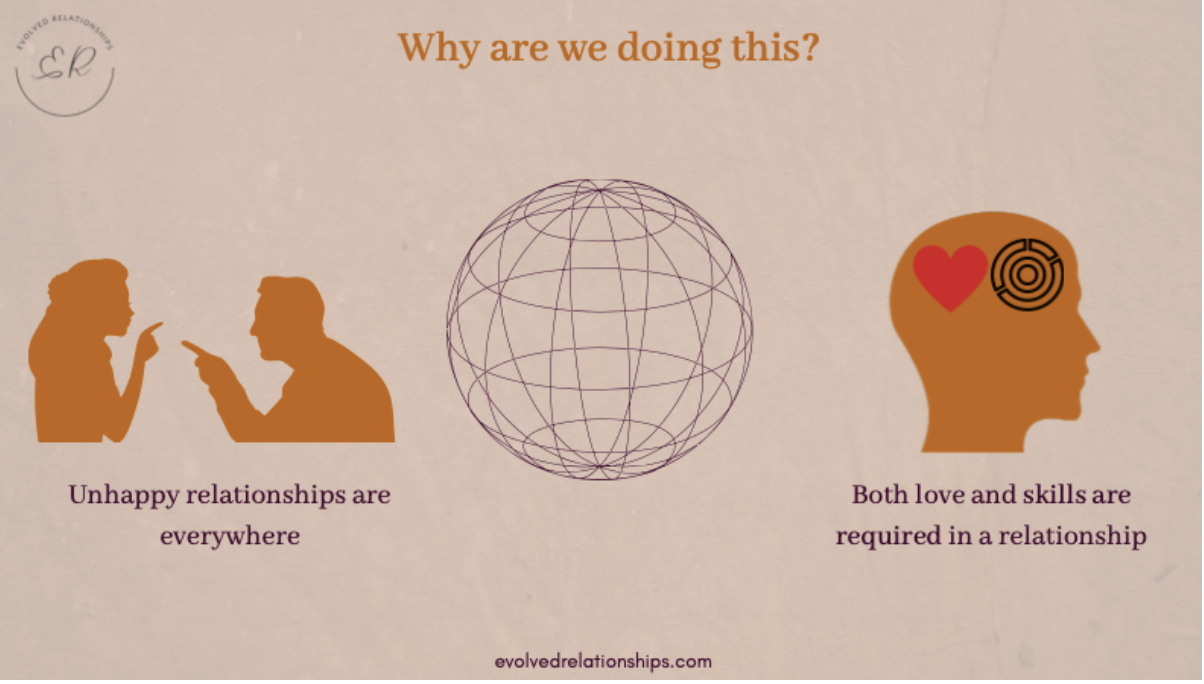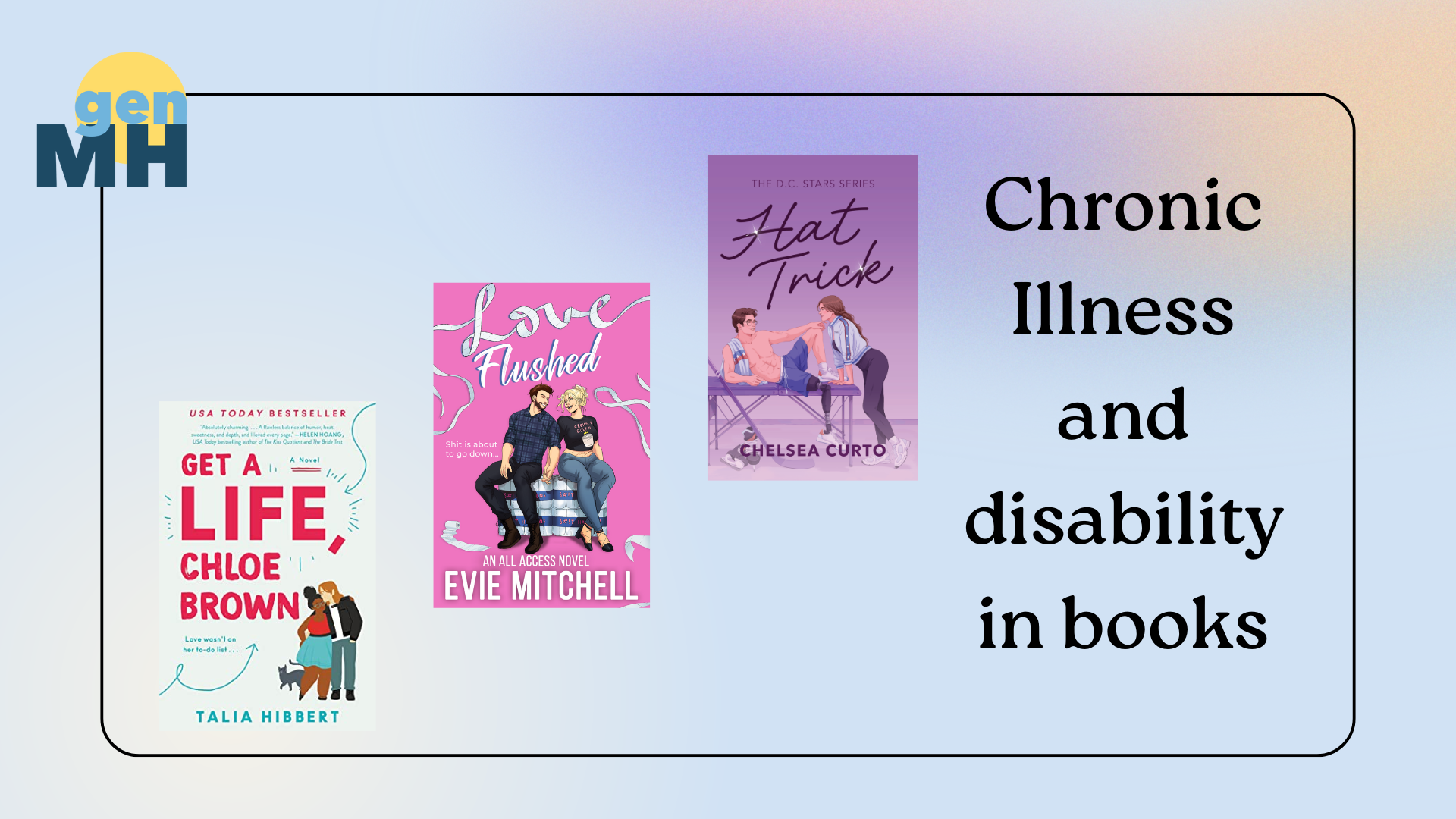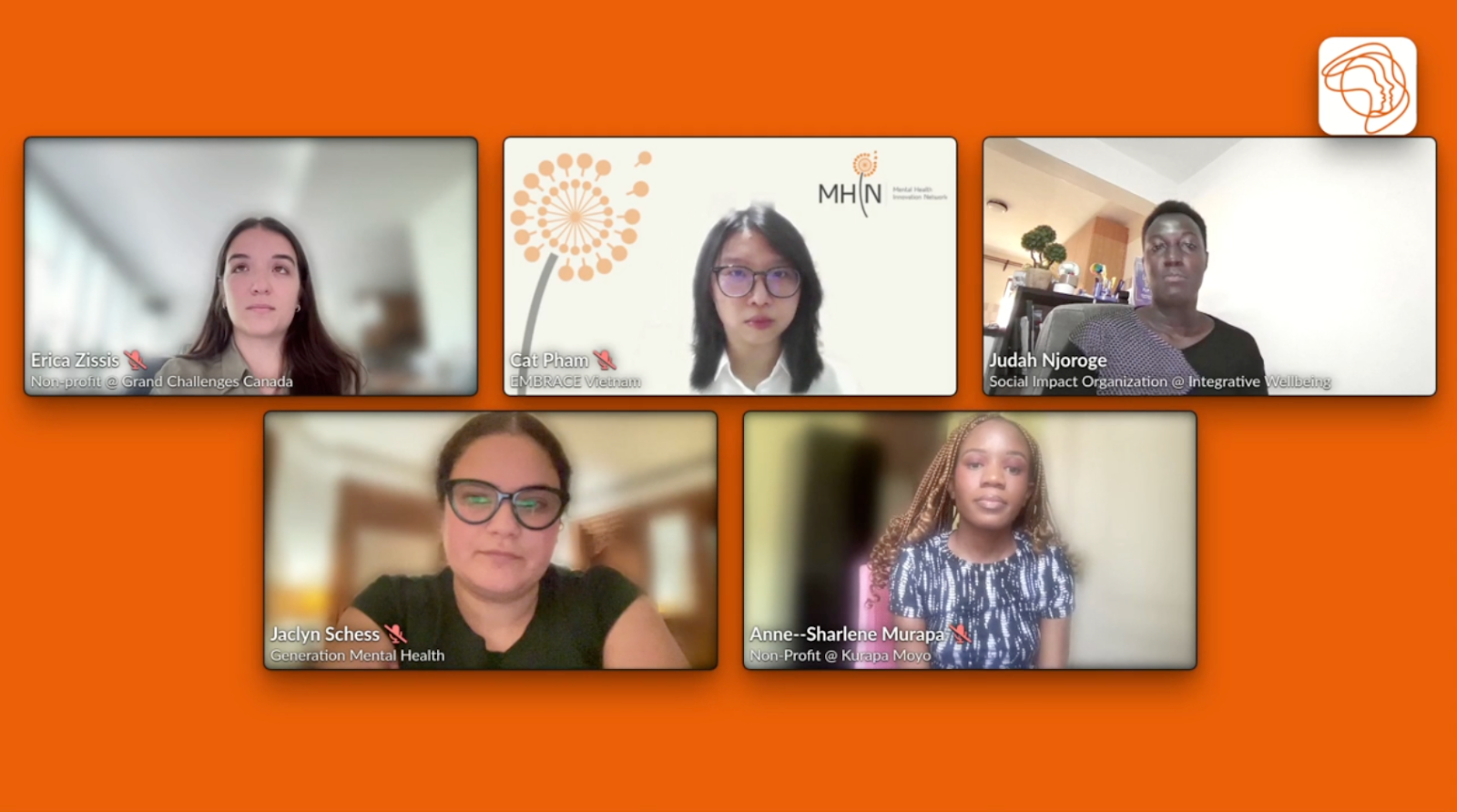Relationships are a lot like gravity: The beginning of Evolved Relationships
Birth is not where creation begins. Evolved Relationships as an idea was conceived in the early months of 2022.
Before I get into the creation story, let me tell you a little bit about Evolved Relationships. In its simplest form, Evolved Relationships will give you a relationship coach who will support you as you learn the skills to connect more deeply with your partner. Our methods combine a mix of live and asynchronous coaching with a focus on learning skills such as resolving conflicts, communicating effectively, setting healthy boundaries, among others.
Where did it all begin?
I was still a postgraduate student at the time, studying Counselling Psychology at the Tata Institute of Social Sciences (TISS) in India. After spending close to 5 years on education development for the marginalised in India (two years of which I was a public school teacher), a move to mental health and psychology felt natural and strangely easy. This was because my time in education made one thing painfully clear to me - the links between mental health and achievement are not to be taken lightly. The two are strongly, positively correlated and bidirectionally impacted. As a Teach For India Fellow working in some of the most impoverished communities of the country, I experienced these linkages way too vehemently to not be affected by them. My students who came from stable, safe homes were most often the ones who showed the highest academic progress (or at the least the potential to grow). They were eager to learn and constantly at an advantage to access and make use of the opportunities provided to them. On the other hand, students who came from homes marked with poverty and abandonment struggled emotionally and hence also academically. They’d break into fights way too often, have trouble regulating themselves and were absent from school very frequently. Evidence from neuroscience explains this remarkable difference in behaviour based on the state of your mental health reasonably well. To be able to access higher level areas of cognition, it is fundamental to ensure that the individual is in a calm and well-regulated state of mind. To learn anything new, you must first feel safe and loved.

Having experienced this firsthand, my initial curiosity towaÍrds mental health and wellbeing soon became a serious professional interest. Having no prior formal experience or education in the field, I decided to start as a student. The chance to immerse myself in the theories of mind and behaviour gave me inexplicable joy. Intentionally practising active listening, empathy and meaningful challenging towards clients reaffirmed my choice to become a mental health practitioner. I had never before felt so at home than I felt in the classrooms of TISS where the only thing that mattered were the clients we were going to serve.
A classmate of mine, Prathamesh Kulkarni and I were eager to start applying our counsellor training. We decided to meet online every week and practice counselling techniques by taking turns to role play as each other’s clients Even as these calls progressed and the feedback we gave each other on our therapeutic skills deepened, little did I know that we were laying the foundation for a piece of work that would soon become our bread and butter in the days to come.
Why Evolved Relationships?
Both of us grew up seeing unhappy marriages all around us. My then classmate and now co-founder, Prathamesh at 34 tells me that more than 70% of his circles are people who are already divorced or in the process of getting there soon. I myself can count the number of people who I know to be happily married on a single hand. Marriage as an institution is being challenged like never before given how little it seems to offer besides a licence for having sex and children. Despite this, we continue to live in times where no ring at 30 is still seen as an underachievement. As I started piecing the different pieces of this puzzle together, what came into picture was a historic trend of people entering long term relationships without learning the skills necessary to sustain it. Matrimony is better described as a union of mutual compromises than as a union of love. Divorces in the US are as high as 50%. As income levels are rising and stigma around divorces reducing, other countries such as India are also witnessing a rise in divorce rates. Increasing divorce rates doesn’t mean that people weren’t unhappy before. What it means is that now they feel empowered and have the necessary resources to make decisions that can alleviate the unhappiness they experience in their relationships. Many couples we know and have heard of live separately because they don’t want to be together anymore yet want to avoid the hassle of court proceedings that come with filing for divorce.
When we tried to understand the nature of these break-ups, some things became pretty clear pretty quickly. Love alone can’t sustain a relationship. Love helps you get together, not stay together. For a relationship to be successful and lasting, you need more than love, you need skill.

The following situations might sound familiar. It is possible that you yourself could have experienced this in your past or present relationships. Couples get into screaming matches without knowing how they got there or what got them sÍtarted. People who couldn’t keep their hands off each other initially soon complain of being suffocated by their partner. They begin to feel that their relationship needs boundaries but don’t know how to draw them. Partners in a relationship are aware that they get triggered easily but feel at a loss when it comes to managing their emotions well. Despite having known each other for decades and probably having raised many children together, spouses wonder if they’re being too demanding or needy when expressing their needs. After drudging through their relationship for a few years, people realise that they no longer love or respect their partner and seek separation.
It’s likely that you identified with atleast one of the above issues because these relationship challenges are omnipresent. This means that there could be universal relationship laws governing the entire situation. Like in Physics. If everything your throw up is falling down, then maybe the phenomenon is not as random. If it is not as random, maybe there is a reason why it’s happening. If you know the reason, maybe the issue is solvable or at the least we could put the knowledge to good use, like try and send a rocket to the moon.
We had a similar epiphany about relationships as Newton did for gravity. We realised that the relationship issues that we see all around us are not random. There are clear patterns and root causes involved-personality traits, behaviour patterns, attachment style, compatibility, childhood experiences to name a few. Once we learnt about them, we realised that this problem has a potential solution - we could coach people to build relationship skills. We could help them learn how to manage fights better, we could teach them how to set and reinforce healthy boundaries, we could facilitate the rebuilding of respect and admiration they once had for their partner, we could aid them to become more aware of their triggers. Each of these skills hold great significance when it comes to the success of a relationship. Individuals have to make consistent investments in their relationship almost on a daily basis to refine their relationships skills over time. At Evolved Relationships, we’ve set out to teach people how to do this.
Our Offering
Our 10 weeks program is an opportunity for individuals to be handheld as they learn these 5 relationship skills - conflict resolution, boundary setting, self awareness, communication and emotional management. Our program varies from a traditional couples counselling model in many ways. For one, we work with individuals and not couples. It takes two to make a pattern but only one to break it. When one person starts showing up for themselves and their relationship, the relationship improves. This model forces the individual to take responsibility for their role in the relationship instead of blaming their partner for everything that is going wrong between them. The second difference is that our program lies at the intersection of education and counselling. We’re here to not just support you and handhold you but also to educate you. What underlies conflict? Why do you struggle being vulnerable even in the most intimate of relationships? Why is it so hard to get your point across to your partner sometimes? How to take space and give space in an intimate relationship? Before you do, you need to know. Once you know, you got to do. We work on both the knowledge and behaviour aspects of making a relationship work. The third difference is that it is a time-bound program. Our foundational program is 10 weeks long and each week focuses on a specific relationship skill. This encourages our clients to view their relationships issues also as solvable in a realistic timeframe. Of course, 10 weeks is only the beginning and prolonged success depends on practising these skills. The more you practise, the better you get at connecting with your partner.
Lastly, Evolved Relationships is a preventive relationship intervention. Usually couples go to counselling when the wounds start festering. By then there’s too much contempt for each other baked in that resolution becomes hard and tricky to achieve. This is also why many couples, despite going to counselling, eventually go their separate ways.
Our 10 weeks program is best suited for individuals who have just about realised that there is more than just love to making a relationship work. A near-perfect analogy is how a timely check when the smoke alarm goes off compares to all the firefighting needed when the house catches fire. When you start working your relationship early on, you reduce the chances of having to do any firefighting later on.
I’ve said this before and I’ll say it again - Relationships take more than love to work. They need skills and a good deal of effort. The fact about most effort-intensive tasks in life though is that the reward almost always makes up for the work you have to do. The path of least resistance might not be the wisest one to take if you’re looking for everlasting love.
About the author
Anju Joy is the Chief Programs Officer at Generation Mental Health. She is also the co-founder of Evolved Relationships. Anju is a Harvard certified mental health practitioner and a trained counsellor. Prior to her transition to the field of mental health, she has spent over 5 years working in education development in India. If you’d like to talk to her about your relationship, mental health or anything else, feel free to write to her at anju.grace.joy@gmail.com


